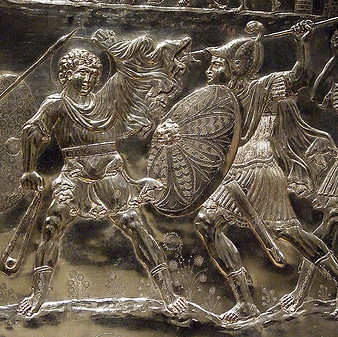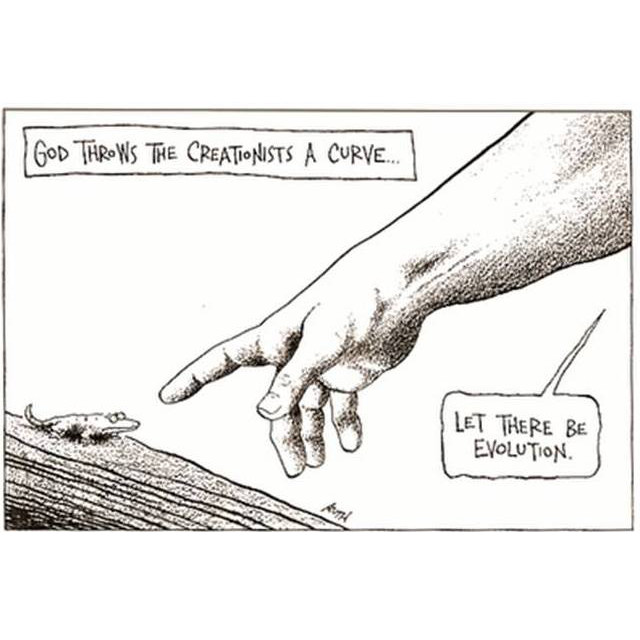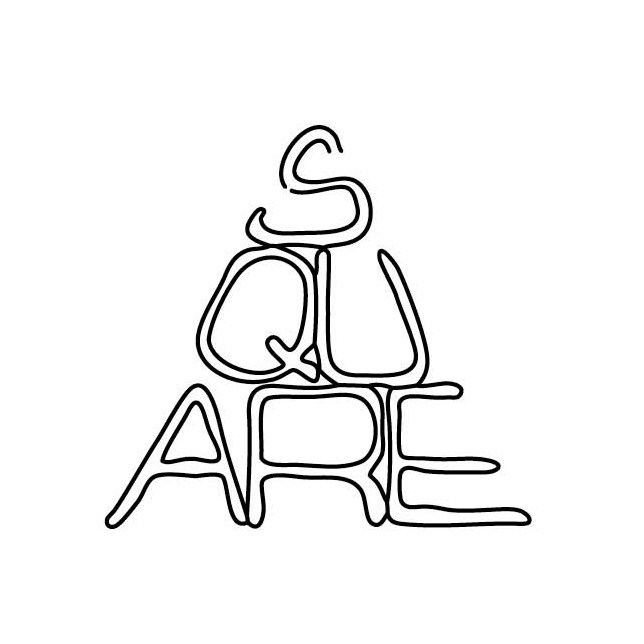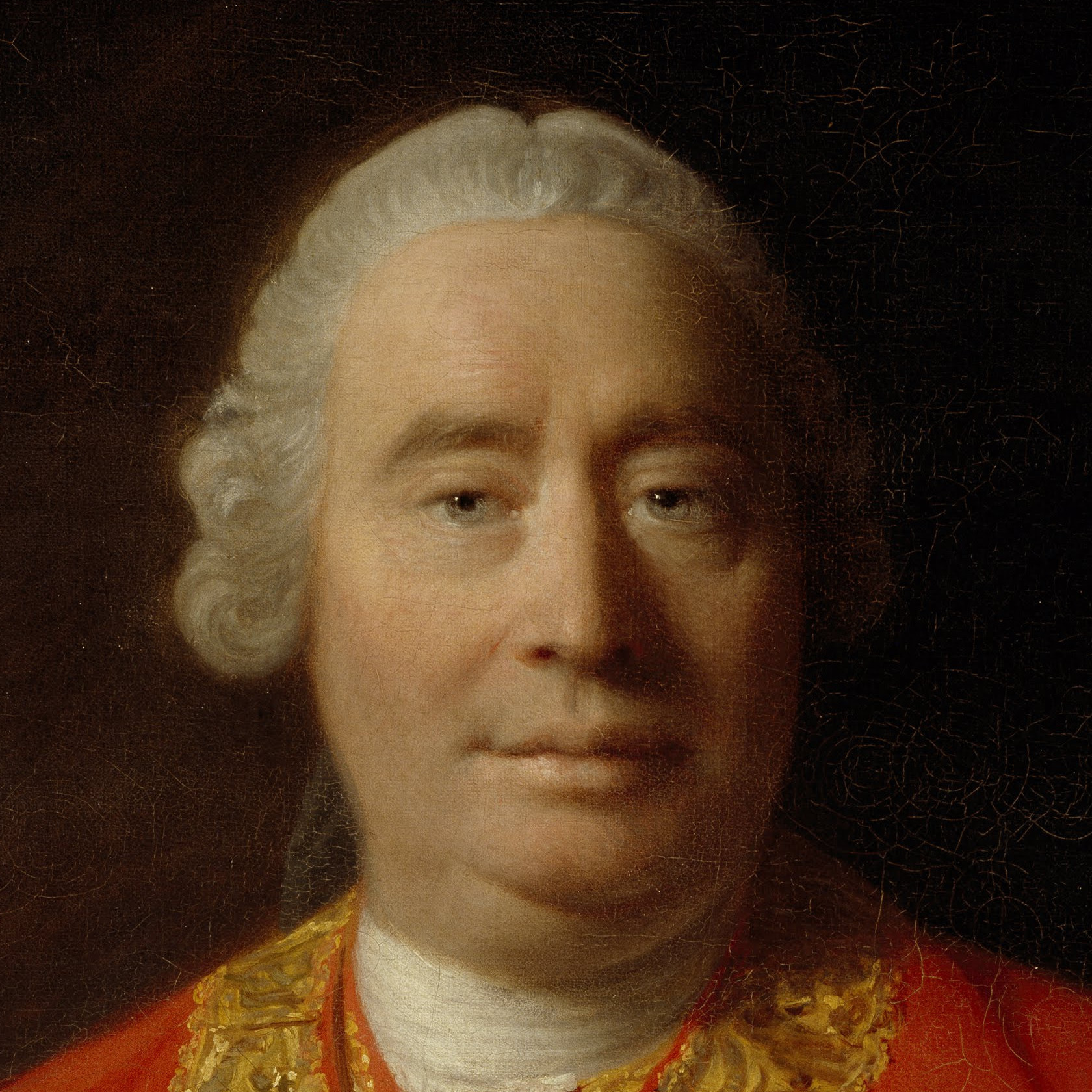The Argument
- If an all-powerful and perfectly good God exists, then evil does not exist.
- There is evil in the world.
- Therefore, an all-powerful and perfectly good God does not exist.
Or:
- God exists.
- God is omnipotent, omniscient, and perfectly good.
- A perfectly good being would want to prevent all evils.
- An omniscient being knows every way in which evils can come into existence.
- An omnipotent being, who knows every way in which an evil can come into existence, has the power to prevent that evil from coming into existence.
- A being who knows every way in which an evil can come into existence, who is able to prevent that evil from coming into existence, and who wants to do so, would prevent the existence of that evil.
- If there exists an omnipotent, omniscient, and perfectly good being, then no evil exists.
- Evil exists (logical contradiction).
Theodicy vs. Defense
There are two ways in which we can diffuse the argument from evil. The first is called a theodicy. A theodicy seeks to give the actual reasons for God permitting evil to exist. Many different theodicies have been proposed, but a theodicy is only successful if it is the actual reason God has permitted evil. Since we do not know with any certainty what God’s reasons are, it can be difficult to defend a theodicy.
However, instead of a theodicy, this version of the problem of evil can be defeated by a defense. In a defense, instead of trying to show what God’s actual reasons are, the defender only gives a possible reason for God permitting evil. At first, this might not seem to do anything to defuse this objection, but remember what this argument is: God and evil are logically incompatible, and God and evil both existing entails a logical contradiction so that God and evil cannot possibly coexist. This is why a defense works. As long as it can be shown that there is a possible reason for God permitting evil, then we have proven that there is not actually a contradiction.
Alvin Plantinga’s Free Will Defense
If it is even possible that creatures have freewill, then the premises in the argument (premise 1 of the first version, and premise 3 of the second version) are not necessarily true.
If free will exists it is not necessarily true that an all powerful God could create a world of free creatures that always choose good. Being all powerful does not mean God can do the logically impossible. It is logically impossible to make someone do something freely. If God makes a creature do something, it is not free to do otherwise. It is possible that there is no feasible world in which more creatures choose to do good and fewer choose to do evil. Even natural evil could possibly be explained by the freewill of spirits/demons.
Would an all good God necessarily prevent all evil? There may be morally sufficient reasons for God to permit suffering and evil.
Wrap up
- If God does not exist then objective moral values do not exist
- Evil exists
- Evil is an objective moral value
- Therefore objective moral values exist
- Therefore God exists
Definitions
- World: A maximal state of affairs. In this sense it means all aspects or parts of the existing reality. This would include the physical universe as well as heaven and hell.
- Defense: A defense diffuses the issue by showing that no logical incompatibility exists. It does not require an actual explanation for the evil, just a possible explanation. For if there is even a possible world in which God and evil coexist, then the logical problem of evil fails.
- Theodicy: Attempts to provide the actual explanation, or morally sufficient reason for the existence of evil. This is difficult and unnecessary.
- Moral evil: Evil caused by the immoral actions of humans
- Natural evil: Evil caused by natural events (earthquakes, hurricanes, etc.)
- Logical problem of evil: There is no possible in which God and evil coexist.
- Probabilistic problem of evil: It is improbable that God and evil coexist.
- Emotional problem of evil: dealing with the actuality of evil in a person’s life.





